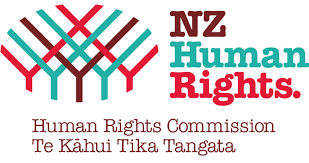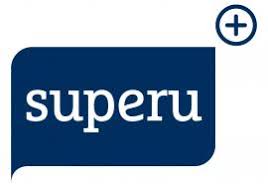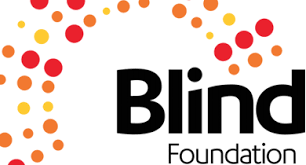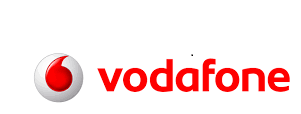Who we've worked with
The Institute provides commissioned work for a range of external stakeholders. Recent examples are provided below and include Ministry for Women, the Productivity Commission, United Nations Women, and MBIE.
Ministry of Business, Innovation and Employment (MBIE)
- The expression, experience and transcendence of low skills in Aotearoa New Zealand
- Enhancing the impact of urban regeneration on community wellbeing
- The Pacific workforce and the impact of COVID-19
- Underutilised workers in New Zealand: characteristics, transience and earnings trajectories
- The future of work in NZ: an empirical examination
Ministry of Health

- Impact of COVID-19 on childhood vaccine uptake and ways forward for equitable immunisation services
- The role of vaccine mandates in New Zealand’s COVID-19 response
- Capping gambling in NZ: The effectiveness of local government policy intervention
Health Research Council

- Ethnic differences in the uptake of healthcare services: A microanalysis
- Workplace violence in home care settings
- Understanding the Implementation of the 2017 Pay Equity Settlement
- Inquiry into the wellbeing of community-based midwives
InternetNZ
NZ Women's Empowerment Principles
Human Rights Commission
Ministry of Social Development

- Intergenerational transmission of human capital: What makes and breaks the cycle of advantage and disadvantage?
- Fathers’ Household and Childcare Involvement
Ministry for Women
- Gender and ethnic pay gaps
- Parenthood and labour market outcomes
Workforce Development Council

- Labour market and well-being outcomes for learners post-qualification
Manawanui

- The role of individualised disability funding in NZ: evidence using administrative data
Te Ara Ahunga Ora Retirement Commission

- Distributional analysis of KiwiSaver contributions
- Evidence to inform the 2022 Review of Retirement Income Policies
The Rockwool Foundation

- The demography of immigration and crime
WorkSafe NZ
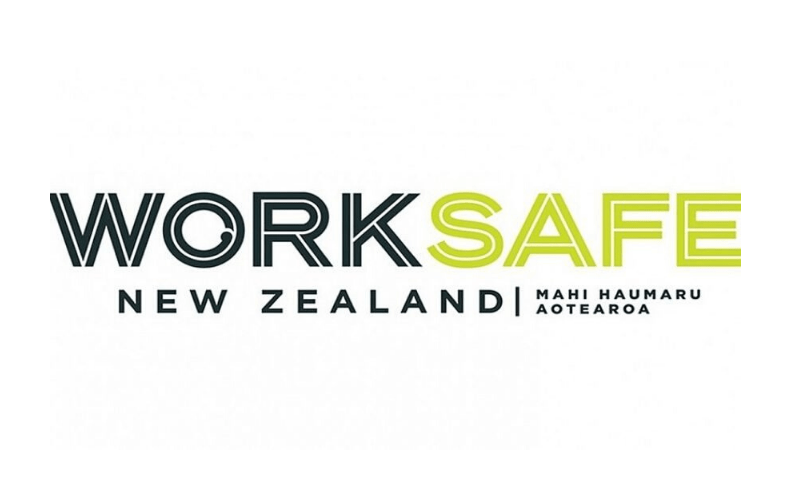
- Workplace safety and the future of work in NZ
Ministry of Education
Productivity Commission
Superu
- Residential movement within New Zealand: Quantifying and characterising the transient population
- Individualising entitlements in New Zealand's benefit and social assistance systems
Superu was disestablished on 30 June 2018. The Social Investment Agency now houses all Superu reports and resource in The Hub.
Te Taura Whiri i te Reo Maori (Maori Language Commission)
Lifewise
The Blind Foundation
Coca-Cola Amatil New Zealand (CCANZ)
Vodafone Foundation NZ
Auckland Transport
Contact us
If you have any queries or would like to find out how to work with us, please get in touch.



